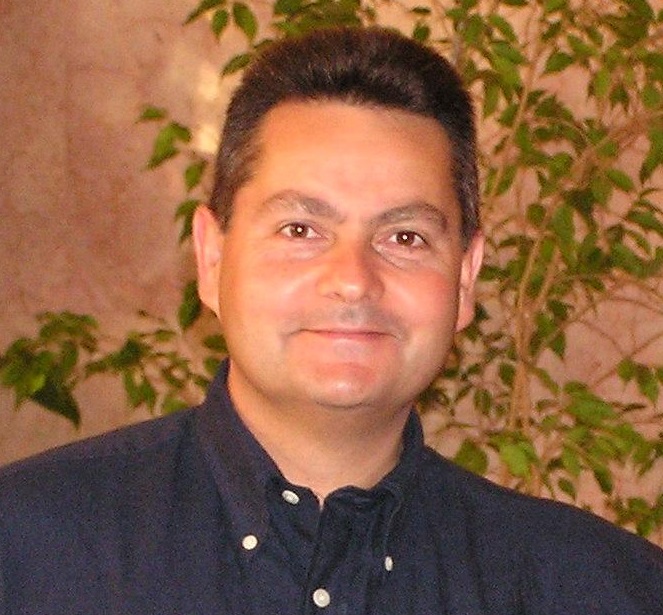
Dr. Kimon P. Valavanis, Fellow, AAAS
John Evans Professor and Chair, Electrical and Computer Engineering
Director, DU Unmanned Systems Research Institute (DU2SRI)
Daniel Felix Ritchie School of Engineering and Computer Science
University of Denver, Denver, CO 80208
Kimon.Valavanis@du.edu
John Evans Professor and Chair, Electrical and Computer Engineering
Director, DU Unmanned Systems Research Institute (DU2SRI)
Daniel Felix Ritchie School of Engineering and Computer Science
University of Denver, Denver, CO 80208
Kimon.Valavanis@du.edu